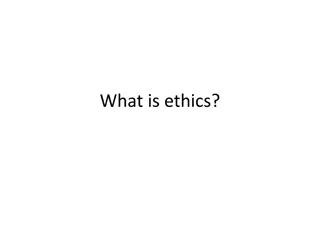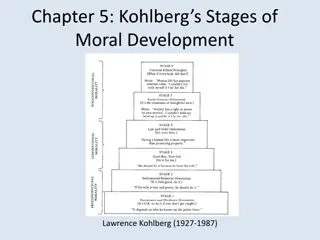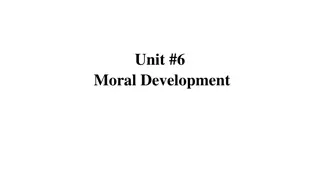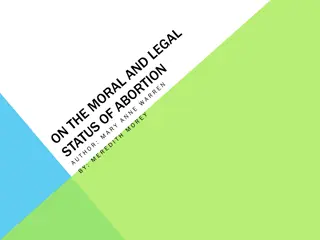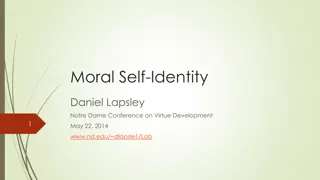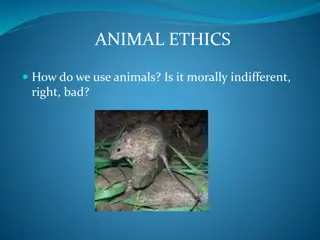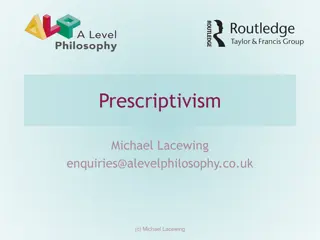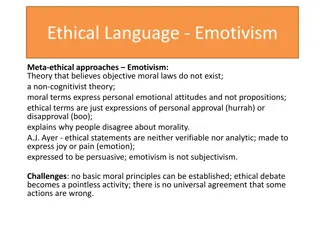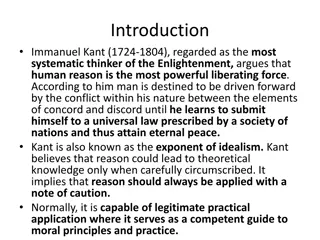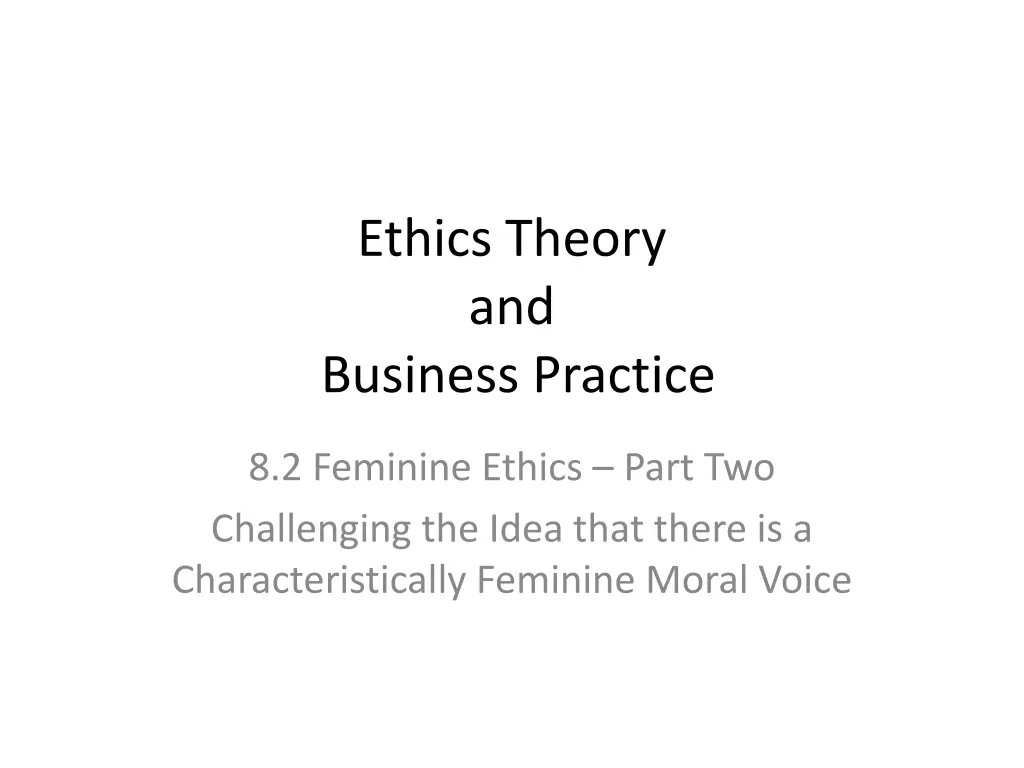
Challenging Gender Stereotypes in Ethics and Business Practice
Explore the challenges posed by care ethics theory in perpetuating gender stereotypes and fostering paternalistic relationships. Discover how care ethics, although not uniquely feminine, can offer valuable insights to both men and women in corporate environments.
Download Presentation

Please find below an Image/Link to download the presentation.
The content on the website is provided AS IS for your information and personal use only. It may not be sold, licensed, or shared on other websites without obtaining consent from the author. If you encounter any issues during the download, it is possible that the publisher has removed the file from their server.
You are allowed to download the files provided on this website for personal or commercial use, subject to the condition that they are used lawfully. All files are the property of their respective owners.
The content on the website is provided AS IS for your information and personal use only. It may not be sold, licensed, or shared on other websites without obtaining consent from the author.
E N D
Presentation Transcript
Ethics Theory and Business Practice 8.2 Feminine Ethics Part Two Challenging the Idea that there is a Characteristically Feminine Moral Voice
aims to outline some challenges to the idea that there is a characteristically feminine way of thinking about ethics to propose that, notwithstanding these challenges, care ethics theory foregrounds some important themes that might otherwise be overlooked
some challenges to care ethics theory 1. it offers a misleading, over-simplified depiction of women s ethical perspective 2. it may encourage unhelpful gender stereotypes 3. it may foster paternalistic authority relationships
1. care ethics theory offers a misleading, over-simplified depiction of women s ethical perspective it may not apply to all socio-economic and ethnic groups its relevance may be limited by the significance it places on maternal care women may respond differently when confronted with other ethically charged issues
2. care ethics theory may encourage unhelpful gender stereotypes its simplified, two-fold categorization of masculine and feminine ethical perspectives perpetuates a problematic sexist dualism which legitimizes traditional, hierarchical gender roles which have particular significance in business contexts
3. care ethics theory may foster paternalistic authority relationships it offers an unequal and unidirectional depiction of care in which the powerful care for the less powerful without consulting on the desirability of that care thus legitimizing a paternalistic/maternalistic approach to stakeholder management www.youtube.com/watch?v=B9K9pNxljjg
care ethics theory may still offer valuable insights care ethics need not be understood as uniquely feminine instead, it could be expressive of the inclinations of many women and many men whose point of view goes unheard for not being expressed in a moral language that usually holds currency in corporate environments putting care ethics on the business-ethics agenda may thus give a voice to such people that they would otherwise be denied a voice that is rarely heard in business contexts
some alternative insights offered by an ethic of care on: 1. the business environment 2. the nature of business ethics dilemmas 3. how business ethics dilemmas should be resolved 4. what can be expected of business ethics 5. what it is to be an ethical businessperson 6. what it is to be an ethical business
1. the business environment a competitive environment in which corporations stand apart from their stakeholders, and in which they need to establish control or requires communication and cooperation if the potential for mutual benefit is to be realized
2. business ethics dilemmas unavoidable conflicts between the ethical claims of separate, autonomous stakeholders or a threat to harmonious relationships between stakeholders
3. resolving business ethics dilemmas a rational undertaking, which requires the dispassionate application of principles, and which can be carried out at a distance from the views of stakeholders or requires the facilitation of communication between stakeholders, so that all can reach agreement on mutually beneficial outcomes
4. expectation of business ethics establishing which stakeholders ethical entitlements should take priority or generating understanding and helping all involved in business to perceive mutual interests and to act in ways which promote them
5. an ethical businessperson one who is able to recognize which ethical entitlements should take precedence, and who acts accordingly or one who conducts business in a manner which shows respect for the needs and expectations of stakeholders
6. an ethical business one in which people are encouraged to respect abstract principles and ethical codes or one in which people are encouraged to communicate with stakeholders, to understand their needs, and to care
theory in practice BMW s sale of its English Patient
key points care ethics theory has been challenged on the basis that it offers an overly simplified depiction, which may perpetuate unhelpful ways of thinking about gender and hierarchy nevertheless, it may also serve a useful purpose in foregrounding some ways of thinking about business ethics and stakeholder relations that would otherwise be pushed aside




